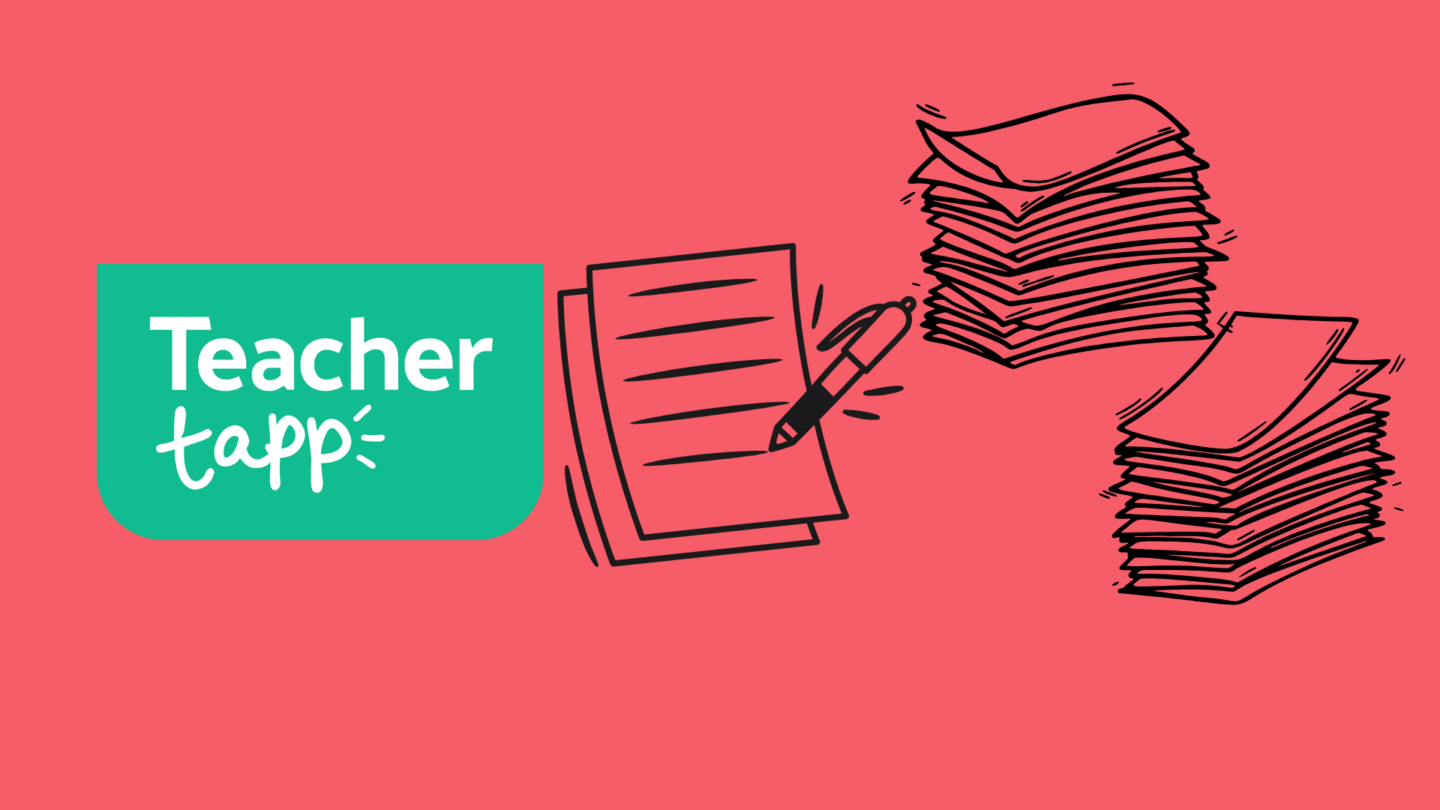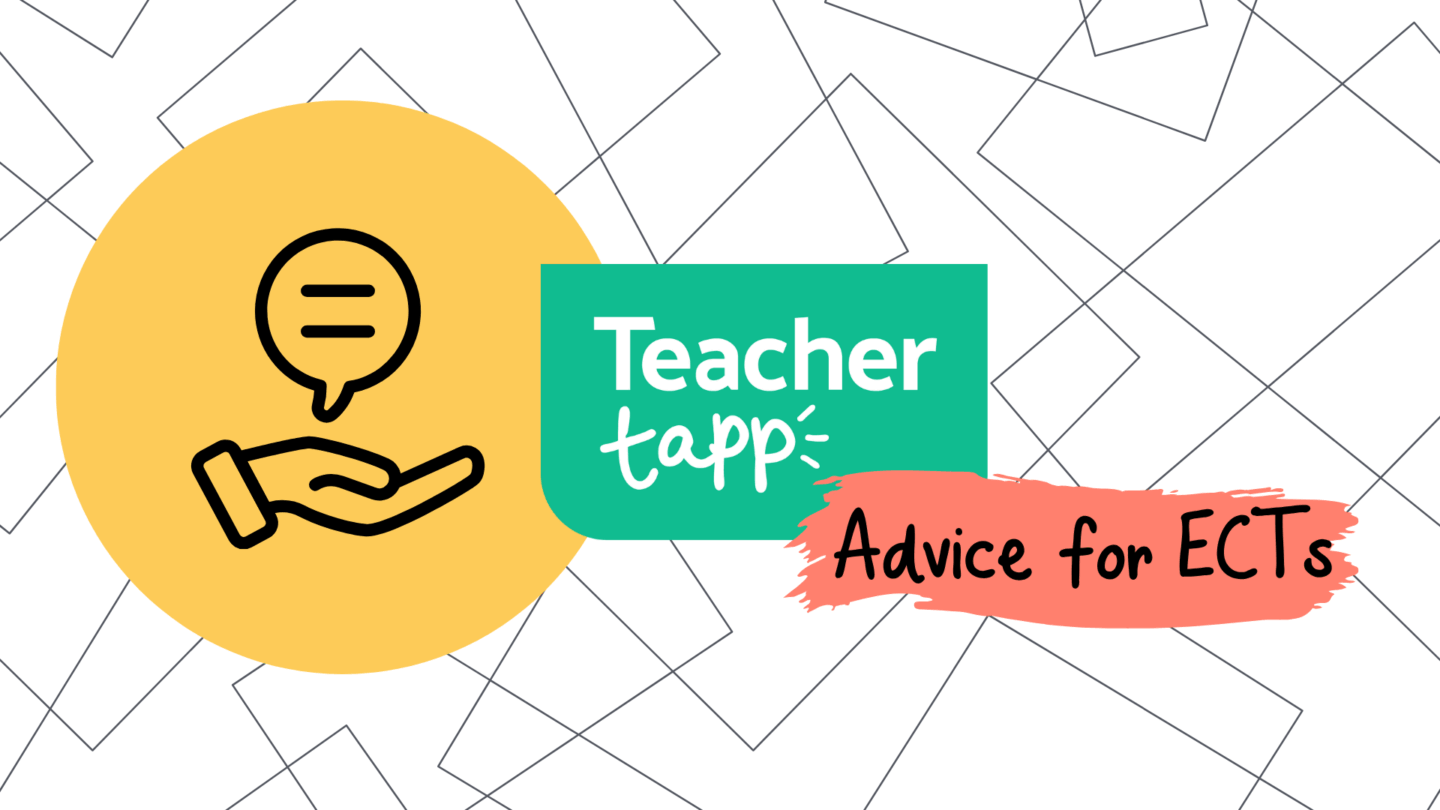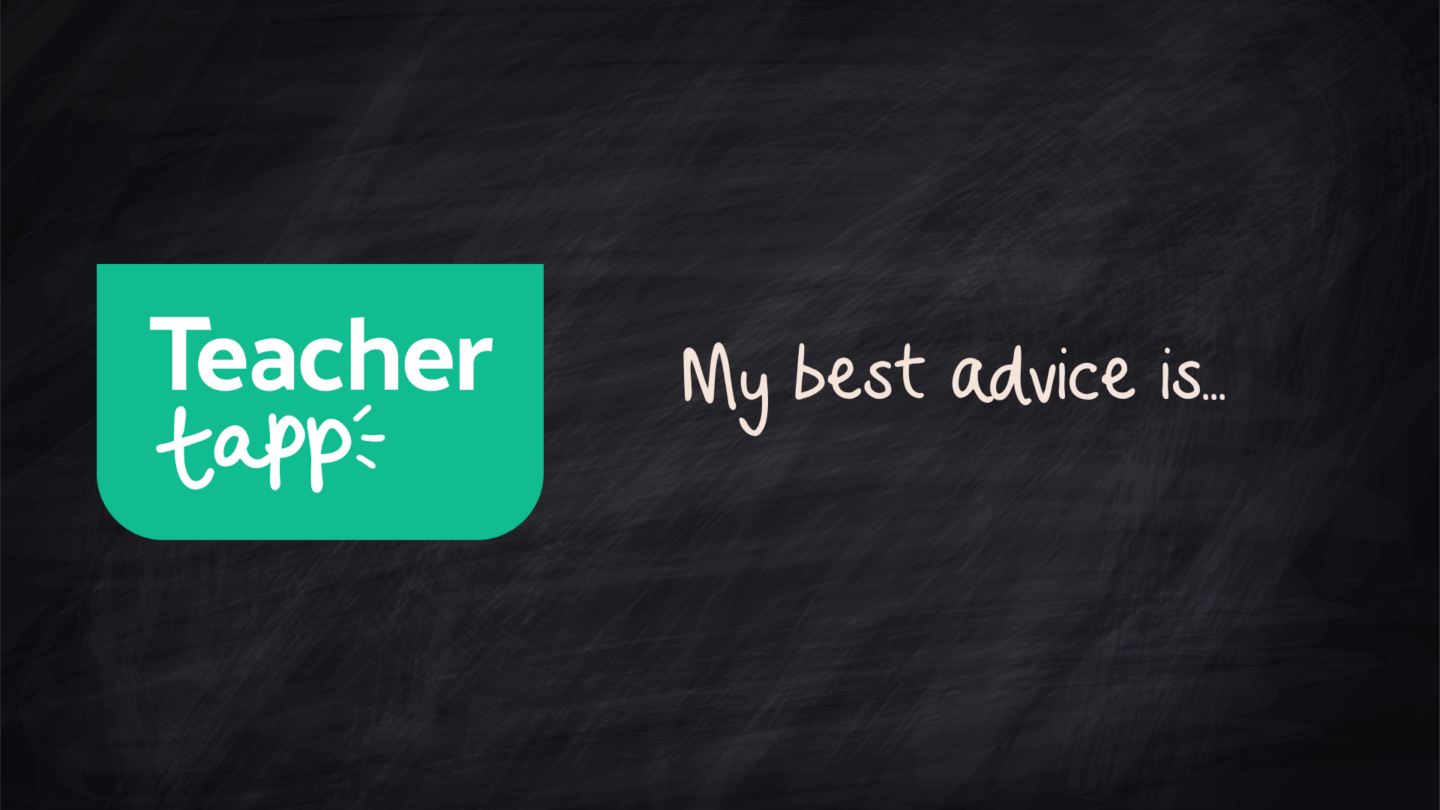Hey Tappsters!
What a treat for you this November – we have a NEW prize draw sponsored by HUE HD PRO visualisers, and FIVE lucky Tappers will win a takeaway voucher worth £100 😋🥡.
To take part, answer questions five days in a row on Teacher Tapp. You will earn a ticket visible in your app under prize draw and, if we have your permission, we’ll send an email each time you get a ticket too. Collect as many as you can before 30th November. After 3:30pm on 1st of December, we’ll draw the ten winning tickets. 🎉
Note: there’s no need to do anything with your tickets – they are automatically entered into the prize draw. BUT, you might like to check your tickets when we announce the winners: it has a special code on it!
We’ll share the winning ticket codes on our socials, and email the winners too. Full terms and conditions here.
Okay, on to results…
Behaviour
It’s the question everyone would love the answer to: how can behaviour be improved? Classroom teachers and middle leaders are likelier to say firmer action (37% and 35% compared to 17% of senior leaders and headteachers).
Senior leaders and headteachers are most likely to suggest working with parents (22% compared to 14% of classroom teachers).
The other big difference in opinion was staff training. 14% of senior leaders and headteachers thought this would improve behaviour in their school, whereas just 5% of classroom teachers and middle leaders agreed.

One of the crucial steps for getting behaviour right in a school is ensuring all staff are working together and rules are enforced consistently by all teachers – but how common is it for a school to have that culture? 🤔
When asked if colleagues are consistent in their enforcement of the rules for student behaviour (including students who are NOT in their class) there were some differences between responses from teachers in primary schools vs secondary schools.
Between 2017 and 2019, the percentage of primary teachers who “strongly agreed” that colleagues were consistently enforcing behaviour rules varied between 23% and 29%, but in 2024 this dropped to 14%.
For secondary teachers the pattern differs slightly – at a lower starting point from 2017-2019, those who strongly agreed varied between 7% and 12%. In 2024 this dropped, but just to 5%.

One reason for the difference between the phases might be the size of the school – for secondary teachers, consistency across all staff is a greater problem when you have more staff in the building.
If you’re interested in behaviour in schools and would like to learn more, there will be a BIG report on behaviour in schools coming out soon – keep your eyes peeled for its release. 👀
Who is getting their PPA?
PPA time is precious – it’s protected on the timetable for a good reason: it’s time teachers can be certain will be used for tasks of their own choosing.
But the world is an imperfect place, and sometimes that protection isn’t given. But how common is it to lose a PPA?
In November, just one-third of teachers had their PPA entitlement as normal.
Among those who didn’t get PPA, the most common reason was due to being asked to attend a meeting or directed to do some other work (19% of primary classroom teachers and 21% of secondary classroom teachers).
It is more common to lose PPA to cover in secondary than it was in primary (15% vs 7%), however rescheduling PPA happens more in primary than secondary (13% vs 3%).
The good news is that disruptions to PPA are slightly down compared to October (possibly timetables are more settled now the new year is fully underway). We will continue to track PPA disruptions over the year – be sure to check back to see what else changes!

Head lice 🪳*
*Not actual representation
Apologies to everyone already trying to fight the urge to scratch their head – but it’s time to chat about head lice. Last month, Teacher Tapp went to the US to visit an elementary school and while there a class discovered they had a case of lice in the classroom 😱. A discussion followed about how common it is, and what do you do when you find them?
Naturally, we said Teacher Tapp could ask about that!
Headlice are far more common in primary schools than in secondary schools (32% vs 7%) and this is very similar to the results found in the US too (33% in elementary schools vs 0% in middle and high schools).

Next week there are more questions for primary school teachers on what happens after lice are spotted!
Ideal working hours
In an ideal world, taking into account loss of salary, how many days a week would a teacher work?
Just under a quarter of teachers want to stick to five days a week (24%) and a three-day weekend appealed to 48% of teachers who wanted a 4 days a week.
Working for less than four days a week wasn’t as popular (27% opted for 1-3.5 days) – possibly because of the split classes that would be created as a consequence.
A tiny number wanted to work ZERO days a week (2%).
Now – this was in an ideal world. But how did the real world match up to the ideal?
When crossing the results with the question about working hours, it revealed:
- 70% of teachers currently working full-time want to work part-time.
- The four-day week option was the most popular response for full-time workers (51%)
- Whereas just 3% of those working part-time want to be full-time.
- Working a three-day week was the most popular answer for part-time teachers (41%), whereas only 14% of those working full-time picked that option.
🎩 Top events
We have a repeat King of Events this week! It’s an event about online event about smartphone policies in schools from the London School of Economics.
Remember, the app offers a wide range of in-person and online events! Visit the Events page to find something for everyone.
Tappers tell us…
This week, we asked about what unusual things you found in your pockets at the end of the day…
The most common item to find in your pockets was whiteboard markers 🖊️ (no mention of whether they were bullet or chisel tipped…).
Many confiscated-and-then-forgotten items were mentioned – including vapes, a hip-flask, a raw egg, an “adult toy” 😳and a brick 🧱.
A number of female teachers bemoaned the lack of pockets in their clothing (ahem, please pay attention, clothing designers everywhere!), and several art and technology teachers mentioned their EXTRA pockets in their aprons!
We hope all of you remember to remove these items before doing your washing!
Daily Reads
This week our most-read blog was a special read for primary teachers: Death to Spelling Tests.
Have you seen a great blog you think would make a great daily read? Let us know by emailing england@teachertapp.co.uk and we will check it out!





